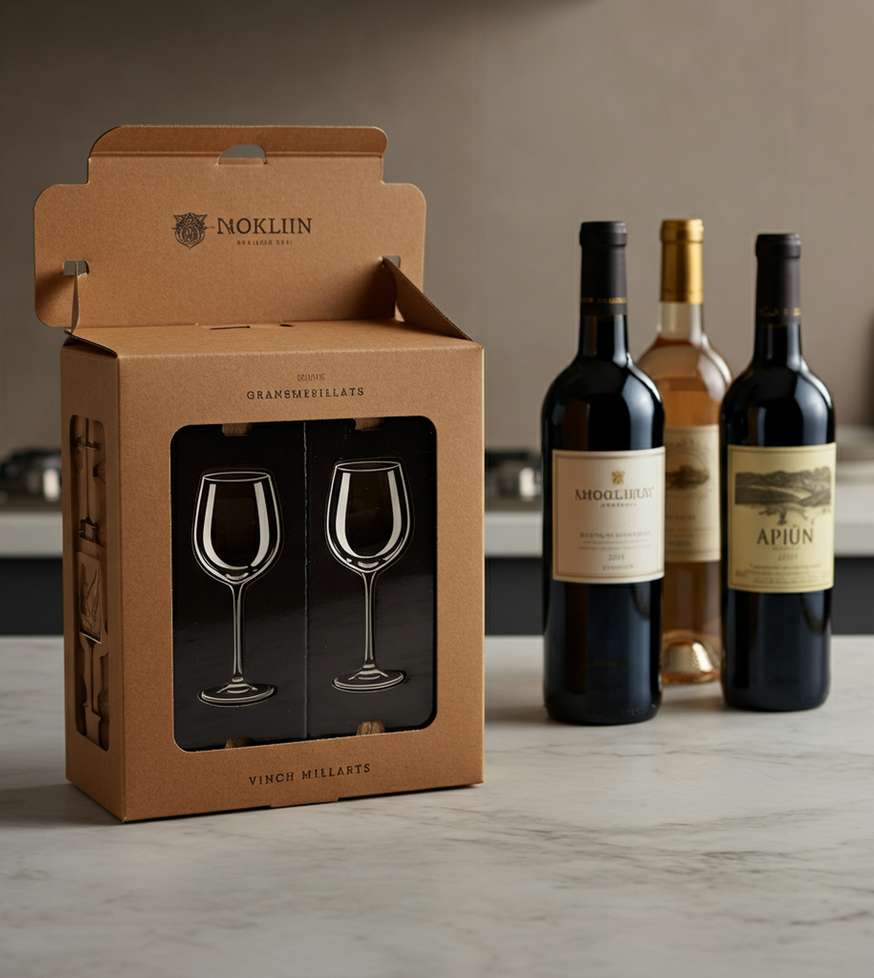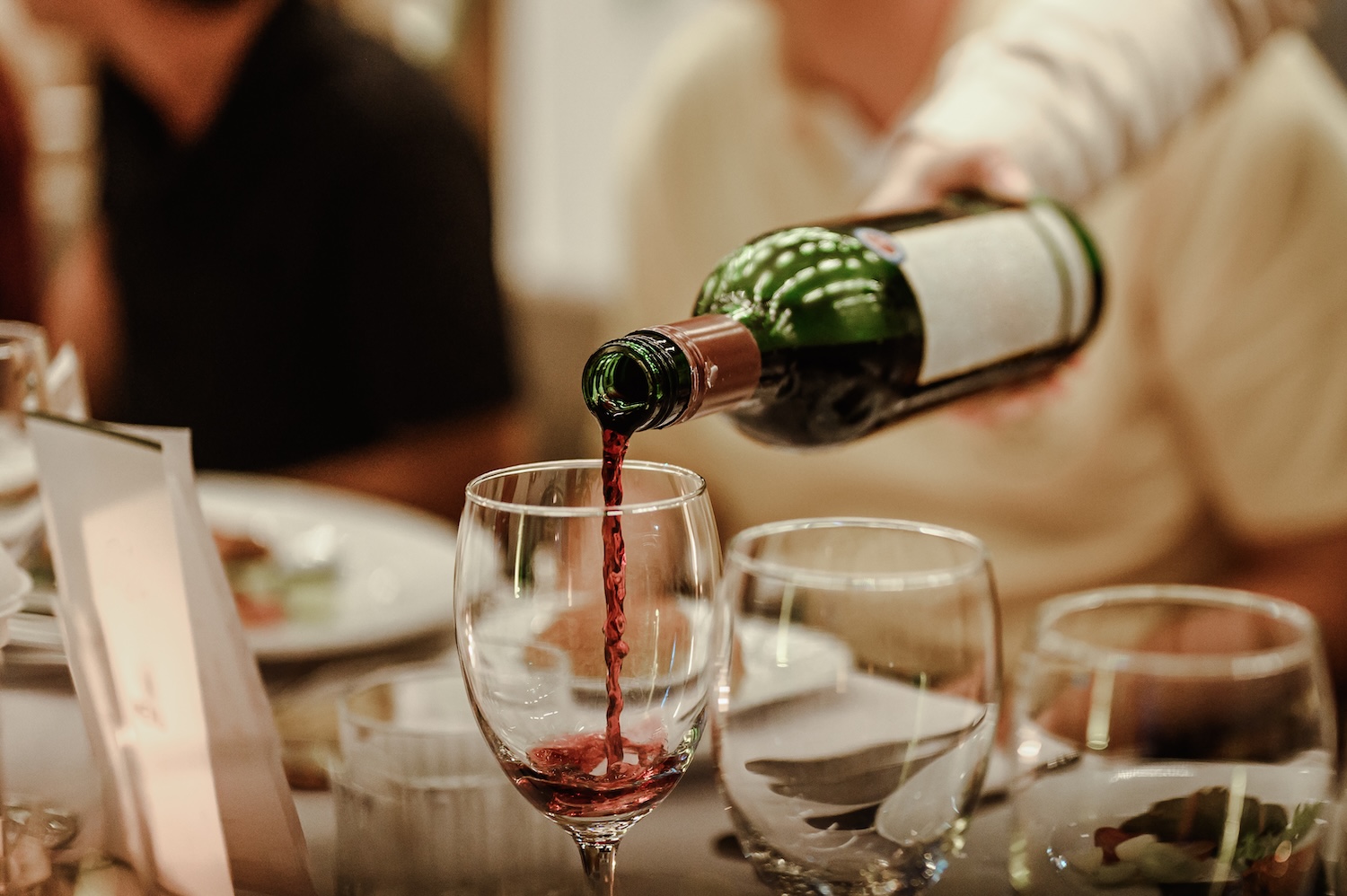
DRINKS For
DRINKS For
DRINKS For
DRINKS For
DRINKS For
A step-by-step guide on how to integrate alcohol into eCommerce stores.

The world of online retail has skyrocketed, which means the demand for selling alcohol online is higher than ever. This provides an incredible opportunity for new entrepreneurs and established businesses alike, as this lucrative industry is projected to reach $42 billion (about $130 per person in the US) by the end of 2025.
That said, it is time to discuss the details of the current market landscape, including financial prospects, niches, and compliance.
The online alcohol market has grown significantly, driven by latest trends, and changing consumer behavior. Not only is the market expanding financially, but it is also diversifying into specialized segments.
Partly due to COVID-19, the demand for online alcohol sales surged significantly. Today, the trend has only continued to grow, as most consumers prefer the convenience of online shopping and meal delivery services.
Now, buyers are looking for more unique and craft beverages and leveraging platforms that sell food and drinks together.
Other rising trends include the demand for wine subscription services, virtual wine tastings, and the growth of direct-to-consumer (DTC) sales from breweries, wineries, and distilleries.
As stated earlier, research suggests that the market could reach $42 billion (about $130 per person in the US) this year. The North American and European markets are leading this trend with significant growth appearing in Asia and Latin America.
This rise in the global online market is due to the integration of better licensing processes and advanced e-commerce tools. Many liquor stores and bars have even tapped into this online market, fueling sales and needs through alcohol delivery integration.
With the rise of online alcohol sales comes the rise of specialized niches. Everything from boutique wines to artisanal spirits to craft beers to non-alc cocktails is more popular than ever. This represents a consumer shift: People want unique experiences, not just generic brands.
By focusing on niche markets, high-quality products, and unique offerings that stand out from the competition, online retailers will maximize profitability when selling alcohol or alcohol-adjacent items.
Craft Spirits
Craft spirits like small-batch whiskey, gin, vodka, and rum are in high demand because of their unique flavors and artisanal production methods. Consumers are willing to pay a premium for exclusive products.
Focusing on brand heritage and engaging storytelling is key. You can accomplish this by highlighting the unique production process and ingredients. Partnering with local distilleries and offering limited-edition releases with create a sense of scarcity and urgency, and therefore, desire.
Premium Wines
Fine wines have a higher profit margin because they cater to customers who really invest in quality. Rare and aged wines can also increase value.
Offering a curated selection of these types of wines, including rare vintages and exclusive labels, is a wonderful way to attract these customers.
Other excellent ways of driving revenue and increasing valuable customer experiences include detailed tasting notes, expert reviews, pairing suggestions, wine clubs, and subscription services.
Craft Beers
The craft beer market has exploded in recent years. Most customers who desire this niche often seek locally produced options. Limited releases and seasonal brews are an excellent way to create demand and excitement in this area.
Creating a diverse inventory of local and international craft beers is key to being successful in this market. Prioritizing social media and email marketing to announce new arrivals and unique events like virtual tastings.
Cocktail Kits
Cocktail kits with all the necessary ingredients and instructions for making drinks at home have become popular. They appeal to those who desire a convenient and premium experience at home.
To succeed in this area, look to bundling premium spirits with mixers, garnishes, and special glassware. Offering themed kits for holidays, special occasions, and popular cocktails and promoting via influencer marketing can create a luxury feel and experience.
Non-alcoholic Beverages
There is a growing market for low-alcoholic and non-alcoholic alternatives, such as mocktails and alcohol-free beers and wines, among Gen Z consumers. these products cater to health-conscious individuals who choose to cut down on or abstain from alcohol.
A wonderful way to promote this category is to highlight the health benefits and unique flavors of each product. Partner with wellness influencers and offer bundles with recipes and serving suggestions.
The goal here is to promote a holistic lifestyle rather than just an alternative.
Homebrewing & Distilling Kits
These kits allow consumers to craft their own beer and spirits at home. These kits have high-profit margins as they appeal to DIY enthusiasts and hobbyists.
To increase homebrew product sales, it is important to include all the necessary equipment and ingredients in each kit. Also, offer instructional content like videos or other visual guides, as many of these customers will be beginners.
Promote these kits for special occasions and as a great holiday gift for those interested in the hobby.
Accessories & Glassware
A high-class drinking experience is not about the drink itself. High-quality accessories and glassware can make or break the drinking experience entirely. Decanters, specialty glasses, bar tools, and personalized products make up most of this demand.
To sell these products successfully, offer a range of stylish and functional accessories. Create bundles and gift sets that pair best with specific types of alcohol.
For marketing, prioritize luxurious images and lifestyle content to show how these products will enhance the drinking experience.
Limited Edition & Collectibles
Limited edition and collectible bottles attract enthusiasts and luxury collectors willing to pay a premium for high-quality products. Plus, these items often increase in value over time.
To sell these effectively, focus on exclusivity and rarity. Provide detailed product descriptions and use email marketing to notify loyal customers about new releases and pre-orders.
Alcohol Infused Foods
Chocolate, sauces, and baked goods offer a unique twist for gourmet food lovers. Artisan products like cheese can also increase the luxury of this experience.
Consider partnering with local producers to craft these exclusive products. Highlight the quality of ingredients and use attractive, even handcrafted packaging for that extra touch of authentic luxury.
Subscription Services
Subscription services for alcohol and alcohol-related products provide consistent revenue streams. There is also incredible value for customers, as they will enjoy the convenience and surprise of receiving these luxury products regularly.
Consider offering various subscription tiers to cater to diverse budgets and preferences. Include first access products and provide personalized experiences based on customer feedback.
In addition to bars and liquor stores implementing these online experiences, there are incredible opportunities for crossovers between other products like coffee and food.
Partnerships, exclusive access, and special items are just a few ways to create more customer value and increase sales.
Selling alcohol online requires a compelling brand and vision, creating strong bonds with customers, and the right compliance measures to uphold state laws while avoiding legal trouble.
To stand out from the crowd in an overcrowded market, you will need to establish what sets your product apart. First, identify your niche target and market. Are you selling premium wine, craft beer, or spirits?
Next, choose a business name and design a logo that effectively communicates your brand identity. If necessary, hire a graphic designer or copywriter.
The key is to develop a consistent brand image across all platforms. For example, you should use the same colors and font across social media, emails, and your website.
Next, create your brand story, illustrating why and how you connect with your defined niche. This can be advertised in emails as well as on your “About” page on your website.
Speaking of websites, a clean, dynamic website is essential for your brand. Platforms like Shopify and Squarespace make it easy to build a professional site.
You will also need to include plenty of detailed product descriptions, high-quality images, and customer reviews.
Lastly and most importantly, you will need to make sure your online businesses comply with the necessary legal requirements.
As an online alcohol seller, you will need to address the challenges of state-specific alcohol shipping laws.
The burden is on you to:
Keep in mind that different states will have different selling requirements. For example, states like Utah and Alabama prohibit out-of-state sales, whereas California is more lenient.
One of the most important aspects of compliance is ensuring customers are legally 21 years of age (according to United States laws).
Age verification software, such as questionnaires, and requiring the recipient to prevent legal identification and signature when it arrives are just two examples.
Latest articles


Blog
DRINKS Amplify
Marketing
Webinar
Wine
.jpg)
.jpg)
Blog
DRINKS Amplify
Marketing
Wine